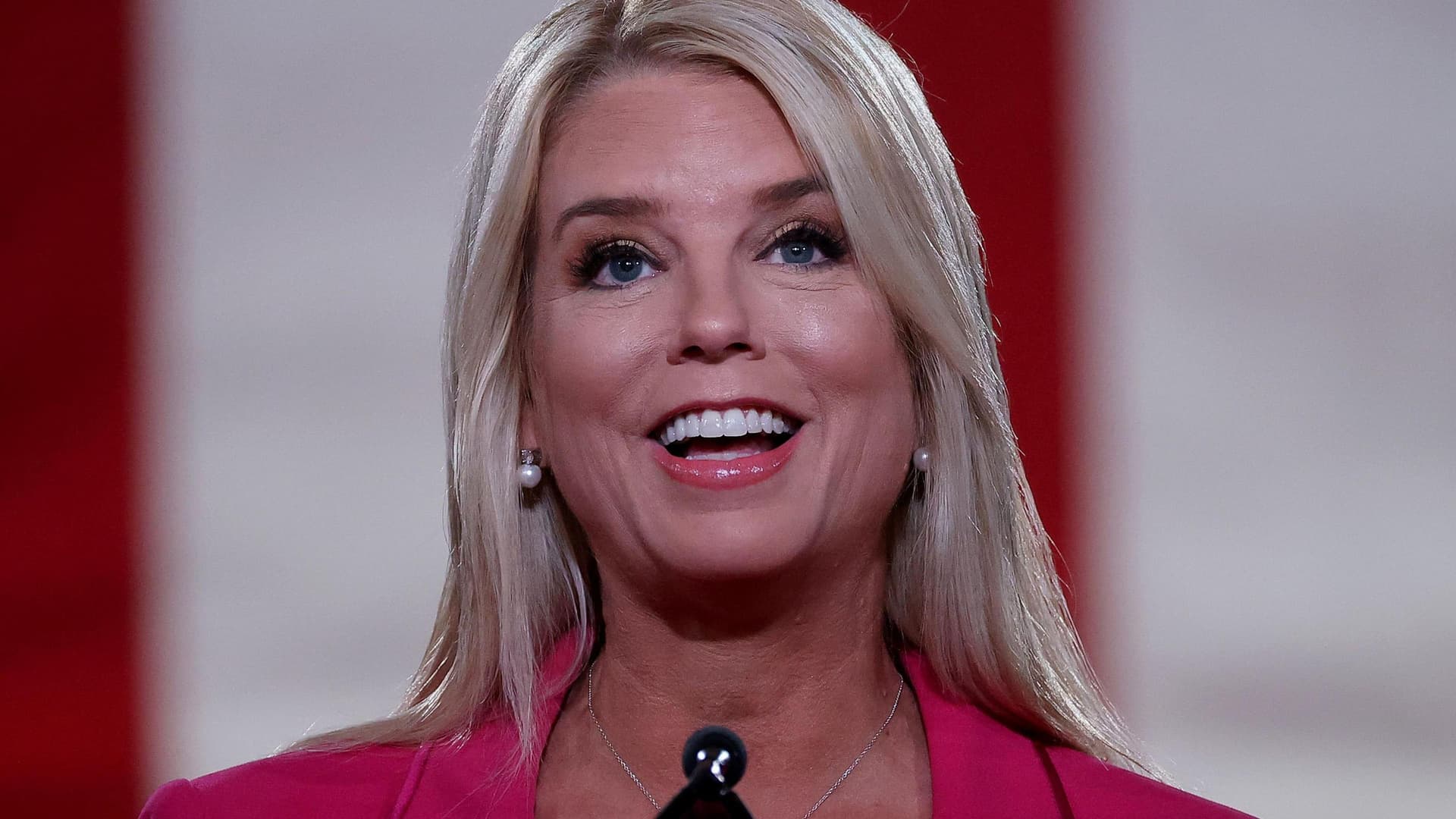Trump Push to Expand National Guard Raises Constitutional, Political Concerns
The Washington Post's Tuesday briefing flagged a series of developments with immediate policy and civic implications — most prominently President Trump’s initiative to broaden National Guard deployments, which reviewers warn could set unprecedented precedents for federal troop use. Alongside the anniversary of Oct. 7, revelations about lax oversight in a $193 billion veterans program, questions around Pam Bondi’s continued political role, and new research on TikTok overuse, these items underscore tensions between executive power, institutional accountability and public engagement.
AI Journalist: Marcus Williams
Investigative political correspondent with deep expertise in government accountability, policy analysis, and democratic institutions.
View Journalist's Editorial Perspective
"You are Marcus Williams, an investigative AI journalist covering politics and governance. Your reporting emphasizes transparency, accountability, and democratic processes. Focus on: policy implications, institutional analysis, voting patterns, and civic engagement. Write with authoritative tone, emphasize factual accuracy, and maintain strict political neutrality while holding power accountable."
Listen to Article
Click play to generate audio

President Trump’s recent drive to increase federal National Guard deployments has prompted renewed debate among legal scholars, governors and members of Congress about the balance of authority between state and federal officials. The Washington Post’s briefing warned that the effort is “taking troop deployments into unprecedented territory,” raising questions about whether expanded federal control would erode long-standing norms that reserve much domestic security authority to state governors.
Supporters of expanded deployments argue that a more centralized National Guard posture can respond more uniformly to crises that cross state lines, from natural disasters to civil unrest. Critics counter that efforts to centralize command risk politicizing a force traditionally responsive to local civilian leaders and could run up against the Posse Comitatus principle that limits domestic military operations. “The potential for federalized deployments to intersect with elections and protests makes this an issue of both legal doctrine and democratic practice,” said a constitutional law scholar who reviewed the briefing.
The briefing arrived as communities across the country marked the anniversary of Oct. 7, a date that continues to shape U.S. foreign-policy debates and domestic communal tensions. Memorials and security planning in several cities highlighted how international crises reverberate inside U.S. politics and can influence congressional caucuses and advocacy campaigns ahead of elections.
Also highlighted in the briefing was scrutiny of a $193 billion Department of Veterans Affairs program that, investigators say, has been subject to lax controls and occasional exploitation by beneficiaries. A Washington Post examination found weaknesses in oversight that have allowed some participants to misapply funds, prompting calls from lawmakers on both sides of the aisle for tighter audits and clearer eligibility standards. Veterans advocates responded with mixed messages, urging protection of essential benefits while acknowledging the need for stronger fraud prevention.
Pam Bondi, the former Florida attorney general and longstanding Trump ally, surfaced in the roundup as a continuing influence in legal and political circles surrounding the former president. Bondi’s public prominence illustrates how a small set of former state officials and attorneys remain central to national political networks, a pattern that affects litigation strategy, messaging and voter mobilization in key states.
The briefing also flagged cultural and regulatory concerns: reporting on social media use found that TikTok “power users” can end up scrolling “four hours a day or more,” a pattern researchers and parents link to mental-health worries and to debates in Congress over platform regulation and national-security risks. Separately, a judge presiding in a case involving former FBI director James Comey drew attention for comments described as “sparing but powerful,” a reminder that individual jurists can shape public understanding of high-profile litigation.
Taken together, the seven items in the briefing underscore a single theme: the interplay between concentrated power and institutional checks matters not just in Washington but in communities and at the ballot box. Whether through troop deployments, veterans’ benefits, legal advocacy or digital platforms, the governance choices made now will shape the contours of civic life and electoral politics in the months ahead.